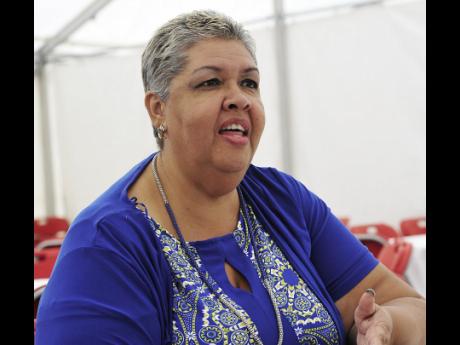Reparations debate in the UK... Assamba says it's not just about monetary compensation
With interest in reparation advocacy for Caribbean states gaining intensity in the United Kingdom, Jamaica's high commissioner to Great Britain, Aloun Assamba, has made it clear that the resolution of the issue transcends monetary compensation.
"It is important that a focus on reparations should not be lost in suggestions confined to monetary compensation, the computation of this figure, and how it will be assigned," Assamba declared during a debate in the UK on Friday.
She was engaged in the debate with senior British politicians and UK-based academics on the merits of reparations for Caribbean states, emerging out of a colonial past.
Assamba posited that although the work done by scholars like Robert Beckford in his Channel 4 documentary, The Empire Pays Back speaks to financial settlement of a minimum of £7.5 trillion, monetary compensation is only one possible dimension of the argument.
"Indeed, it is not the sole basis on which the argument for reparations should be accepted or rejected," said Assamba.
The Jamaican high commissioner was invited by the prestigious Oxford Union to participate in a debate and support the motion: "This House Believes Britain Owes Reparations to her Former Colonies."
Assamba was one of four speakers in support of the motion that was organised by the Oxford Union, a debating society in the city of Oxford, England, whose membership is drawn from the University of Oxford.
It is Britain's second oldest University Union (after the Cambridge Union Society), and has gained a worldwide reputation for its debate.
Assamba told the UK that the issue of reparation superseded mere financial compensation.
"For us, the argument is far deeper," said Assamba. "For us, it speaks to social and economic development."
Assamba argued that the issue of reparations brings to the fore questions related to ensuring that those countries that benefited from and established their economic prowess and global dominance through the reliance and preservation of a system of subjugation of generations of persons of African descent lend active and consistent support to the development of former colonies.

